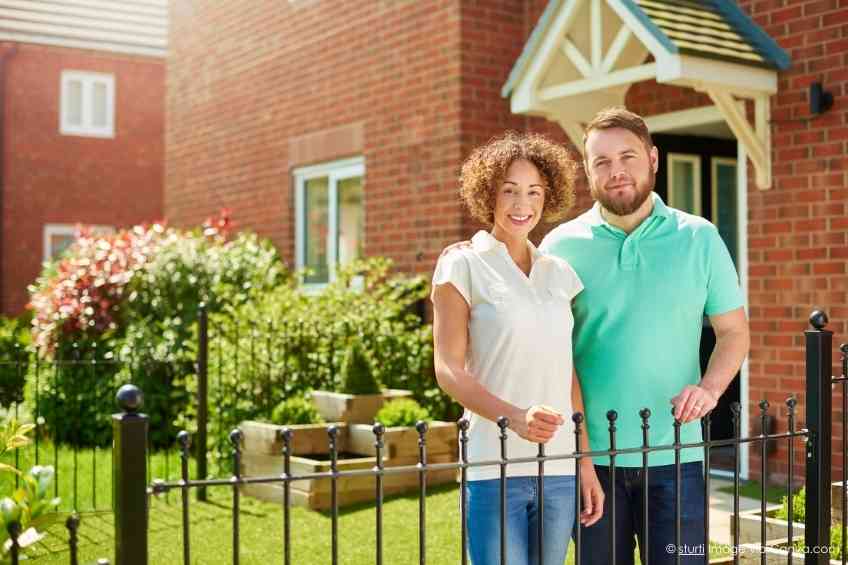By John Salak –
Home Sweet Home can take on a whole new meaning when it comes to personal health. More specifically, when compared to renters, new research indicates that homeowners live longer.
Exactly why on average they add months to their lives versus others is unclear. It could be that homeowners are in a financially stronger place than renters from the start, which may mean they are under less emotional stress and have easier access to better health care than those who rent.
Nevertheless, research out of the University of Oxford in Britain reported white American male homeowners live almost six months longer than whites who rent, while Black male Americans live about four months longer than their counterparts. The British study focused on men who were born in the first half of the twentieth century.
“My study finds homeownership has a meaningful positive impact on life expectancy. These results suggest that social policies that equitably expand homeownership opportunities for Black Americans may help narrow the gap between Black and White male life expectancy in the U.S.,” reported study leader Casey Breen, Senior Postdoctoral Research Fellow at Oxford.
The Oxford study went on to suggest that expanding homeownership opportunities for racial minorities could help mitigate the profound racial disparities in mortality the U.S. faces. The British findings also highlight significant disparities in homeownership rates in the Twentieth Century.
The U.S. Census Bureau reports that 65.9 percent of American homes are owned by their occupants, a percentage that has largely increased steadily since 2015. Significant demographic differences, however, appear in terms of age and race.
Nearly 80 percent of those 65 and older own their own home, which is nearly double the ownership rate for those under 35. In terms of race, about 75 percent of non-Hispanic whites own their own homes, while slightly less than 45 percent of Black Americans own homes. In comparison, 48 percent of Hispanic Americans are homeowners as are approximately 60 percent of Asian Americans.
The U.S., for various reasons, ranks about 50th in the world in terms of the percentage of the population owning their own home, falling well behind countries such as Laos and Romania, which boast homeownership rates of approximately 95 percent. The researchers noted that their work is probably only reflective of U.S. longevity trends.
Using data from the 1920 and 1940 census records that were linked to social security mortality records, and a sibling-based identification strategy, the Oxford study analyzed the different outcomes in life expectancy for American male adults owning a home between the ages of 24 and 35. It controlled for factors such as education attainment, race, income, marital status and shared family background to provide a snapshot of how U.S. homeownership affected life expectancy in the Twentieth Century.
The researchers acknowledged that owning as opposed to renting a home can help in the accumulation of wealth and is associated with better health and living longer. However, the study found that the property’s value had very little impact on life expectancy. It is likely that increased life expectancy for homeowners was due in part to enjoying a stronger social community, the psychological benefits of homeownership and better living conditions.
“This study also shows that there is a meaningful, statistically significant difference in life expectancy between Americans owning their home and those who rent, with homeowners in early adulthood living approximately six months longer at age 65 than those who rent,” Breen added.










